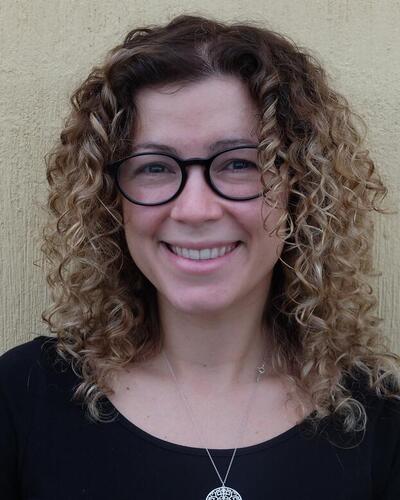SAHLSA - UiB part of an innovative new Health System project in Latin America
Ana Lorena Ruano, from the Centre for International Health, is leading a new NORHED II project in partnership with 2 Latin American institutions. The project will professionalize a new generation of leaders in the field of Health Policy & Systems Research (HPSR) that represent the region’s Public and Global Health bodies, Universities, and the region’s vibrant Civil Society in order to build stronger and more resilient health systems in Latin America.

Main content
What is SALHSA?
The Strengthening Agency & Learning across Health Systems in the Americas (SALHSA) project is a partnership between the University of Bergen (UiB), the Pontificia Universidad Javeriana (PUJ) in Colombia and the Centre for the Study of State and Society (CEDES) in Argentina. It is part of the NORHED Subprogram 2: Health.
This project will establish the PUJ in Colombia as the regional hub for understanding, and acting upon, the complexities and challenges of Latin American health systems. Through professionalizing a cadre of leaders in the region, we will be able to, in the mid and long term, tackle systemic issues such as high levels of inequity, and work with how to promote the inclusion of vulnerable and traditionally excluded populations. We also aim to promote systems thinking as the main theoretical tool to tackle the fragmentation and segmentation of health systems in the region.
Through this partnership, UiB, PUJ & CEDES will contribute to the democratization of postgraduate education in the region and transform the way education in the field of HPSR is provided in Latin America.
Who makes up SALHSA?
The SALHSA consortium brings together three institutions with long and strong traditions for research, education, and action in the field of Health Policy and Systems Research.
- UiB, through the Centre for International Health, has ample experience in strengthening capacity and supporting the development of new postgraduate programs in public and global health in LMIC settings through the Centre for International Health. CIH is the top Global Health centre in Norway.
- CEDES is an Argentinian Centre of Excellence with more than 40 years' experience in research and capacity building within the region, where it promotes research and training using social science across borders within Latin America and the Caribbean. It focuses on both graduate and postgraduate education and has strong academic ties with the National University of Buenos Aires, the top ranked Latin American University in the world.
- PUJ is ranked first in Colombia and has a 400-year tradition of educating the country’s leaders. Through SALHSA, it will be able to deliver top quality education to students based in Colombia and throughout the region.
What does SAHLSA aim to achieve?
SALHSA will train a new generation of leaders in the field of HPSR and will do so through the innovative use of technology to provide learning opportunities that go beyond PUJ’s Bogotá-based campus to reach all Latin America.
Our aim is to help build strong and more resilient health systems in the Americas. Through the development and implementation of complimentary research and learning components that will address the key systemic challenges for the region, namely health system governance and regulation; health system financing and program evaluation; epidemiological transition and primary health care, and finally, human resources for health and managerial abilities.
We will do this through the implementation of a comprehensive and complimentary system of degrees aimed at professionalizing policy and decision makers, academics, and civil society leaders. Our educational offer includes a 1-year specialization, a 2-year master’s degree, and a 4-year doctoral program. In addition, the Latin American Research School for HPSR will provide funding, mentoring, and career development opportunities for our students. In addition, the development of a shared research agenda will help to channel and focus efforts in research and implementation in the region.
